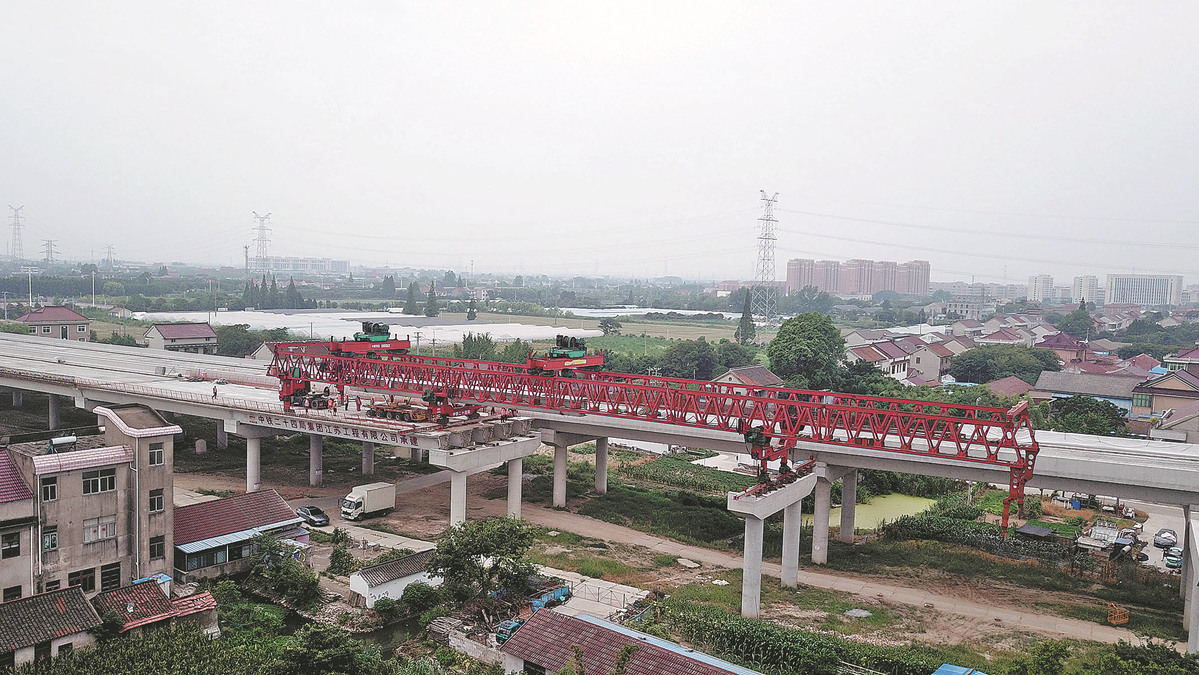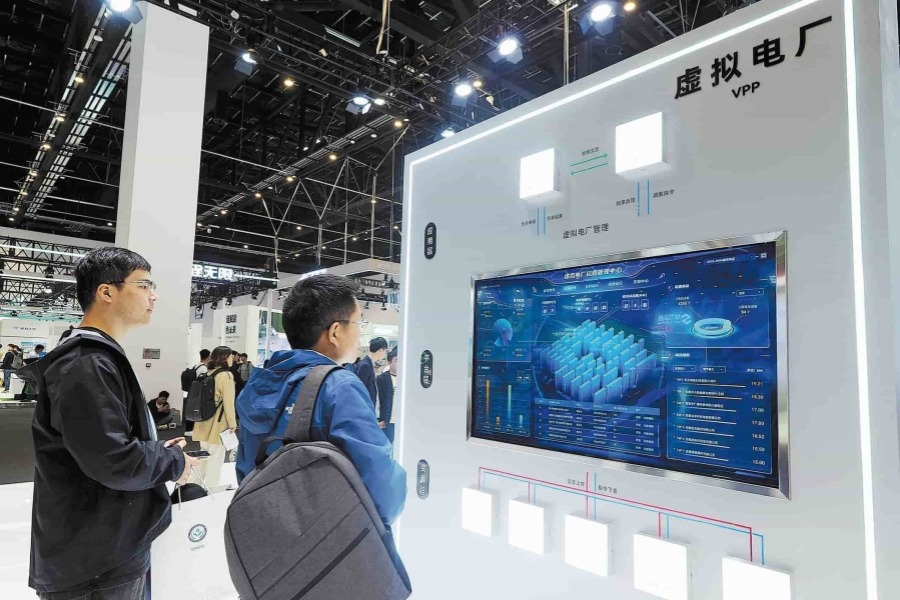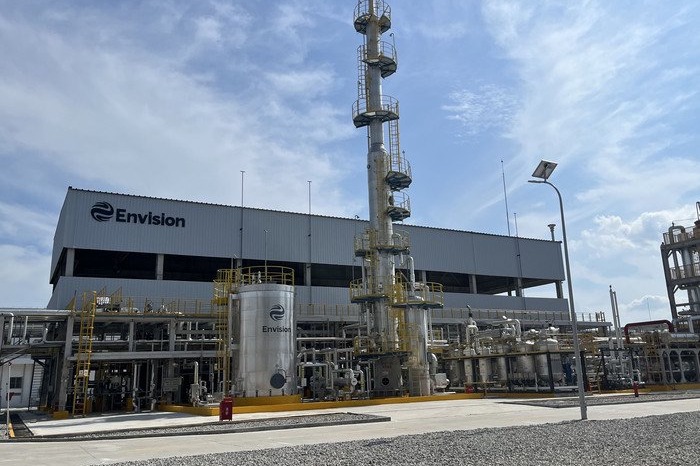Jiangsu ramps ups efforts to attract more MNCs


NANJING — For Franz Decker, a senior executive at BMW Group, China's rapid advances in artificial intelligence represent a crucial engine of the auto giant's global digital transformation.
In July, the German automaker inaugurated its first information technology center in China — and its largest in Asia — in Nanjing, Jiangsu province. The facility is designed to harness cutting-edge technologies, including AI, to provide digital solutions across BMW's global production, sales and after-sales networks.
"By joining forces with China's innovation ecosystem, we aim to propel BMW Group's digital transformation both in China and globally," Decker said.
"China obviously is at the forefront of a lot of innovations in IT and Nanjing is our gateway to this innovation here in China."
Foreign firms are anchoring themselves more deeply in China's smart manufacturing landscape.
On July 30, software giant Dassault Systemes launched its new Nanjing-based subsidiary. With 20 years of experience in the Chinese market and about 60,000 local clients, the company is expanding its footprint to offer software-as-a-service platforms for digital manufacturing.
Initially targeting smart manufacturing and the steel industry, the new entity aims to gradually extend services to aerospace, biopharmaceuticals and other high-tech sectors, according to the French company.
"High-end equipment manufacturing and aerospace industries in Nanjing are growing rapidly," said Xu Feng, vice-mayor of Nanjing. "Demand for the digital transformation of Chinese manufacturing enterprises and Dassault Systemes' technological strengths have formed a natural complementarity."
As one of China's economic powerhouses, Jiangsu, located in the Yangtze River Delta region where supportive infrastructure has been upgraded at a historic pace, is ramping up transformation, attracting steady high-end foreign investment, especially in headquarters, research and development and advanced manufacturing projects.
Among a series of plans to further improve its business environment and boost its attractiveness among corporations, the province is facilitating links among its cities and with neighboring regions with a slew of infrastructure projects, such as a major trans-river road link beneath China's longest river, namely the Haimen-Taicang Yangtze River Tunnel, connecting Nantong's Haimen with Suzhou's Taicang.
Data show that in the first half, Jiangsu attracted $11.54 billion in actual foreign investment, maintaining its lead among Chinese provincial-level regions.
Samson Khaou, executive vice-president of Dassault Systemes, attributed the company's growth in China to a long-standing commitment to local integration. "The reason why we have grown to this level is because we are adhering to the 'In China, For China, With China' policy."
"This helps us to really bring the best practices from around the world to enable the digital transformation of the Chinese industry and here in Jiangsu," Khaou added.
A recent survey by the French Chamber of Commerce in China found that 60 percent of French companies have operated in the country for over a decade, highlighting strong long-term confidence. Furthermore, 25 percent of those firms plan to boost their investment in China by 2025, focusing especially on high-end manufacturing and industrial digitization.
New policy measures are fueling this trend. A recent circular from the National Development and Reform Commission and other ministries outlined fresh incentives to encourage foreign firms to reinvest in China.
Strong local performance continues to drive foreign firms' growing presence in China. At Bosch and Siemens' smart washing machine factory in Jiangsu, supported by 5G and the internet of things, a new unit rolls off the production line every 24 seconds.
"We have always been deeply committed to the Chinese market," said Simon Song, president of BSH Home Appliances Greater China. "Over the next six years, we plan to invest more than 3 billion yuan ($417.3 million) here in R&D alone."
Xinhua




































